Hidden Common Ground: Challenging the narrative of a divided America
We all see the headlines. America is hopelessly divided. Protests are erupting in communities across the country. It is more and more difficult for citizens to reach agreement on contentious social issues.
While much of this is accurate, it is also true that areas of agreement on how to best tackle major issues such as jobs, immigration, racial injustice and the coronavirus can be identified if we make the effort to examine trade-offs and potential solutions.
Hidden Common Ground seeks to explore how and where Americans are coming together on these and other critical issues facing the nation. It is spearheaded by Public Agenda and USA TODAY, with the National Issues Forums, Ipsos, and the America Amplified: Election 2020 Public Media Collaborative.
The project is supported by the the Carnegie Corporation of New York, the John S. and James L. Knight Foundation, the Charles Koch Foundation and the Rockefeller Brothers Fund. Ipsos conducted the public opinion research and the Kettering Foundation is a research partner for the initiative.

THE POLITICAL DIVIDE
Divided we fall? More than 9 in 10 Americans believe it is critical that the United States address political divisions
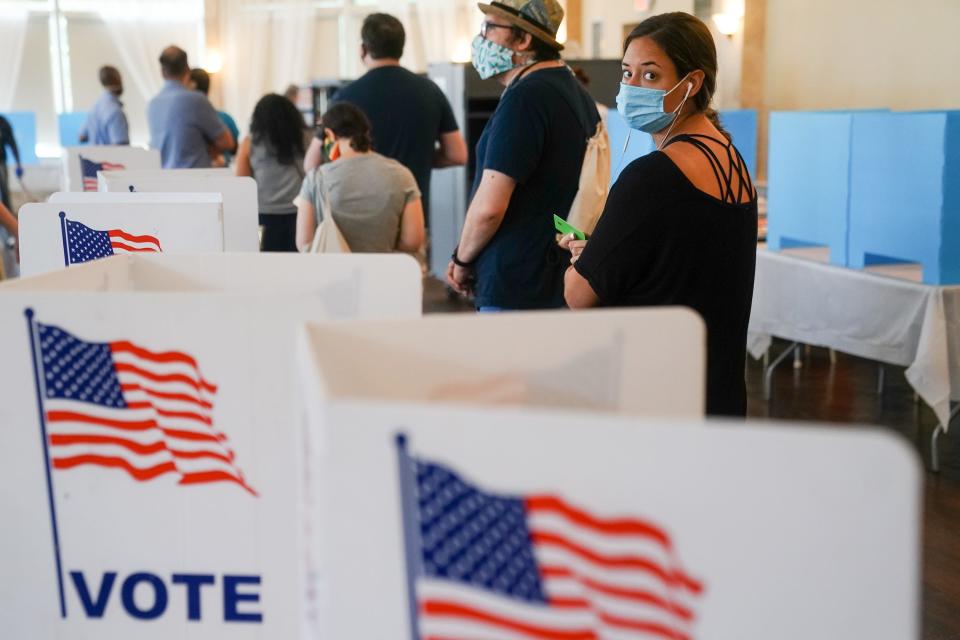
Americans believe the national debate over just about everything, driven by national leaders, social media and the news media has exacerbated divisions to the detriment of ordinary people.

JOBS AND ECONOMIC INEQUALITY
Most Democratic and Republican voters agree on ways to boost the economy, but politics stands in the way
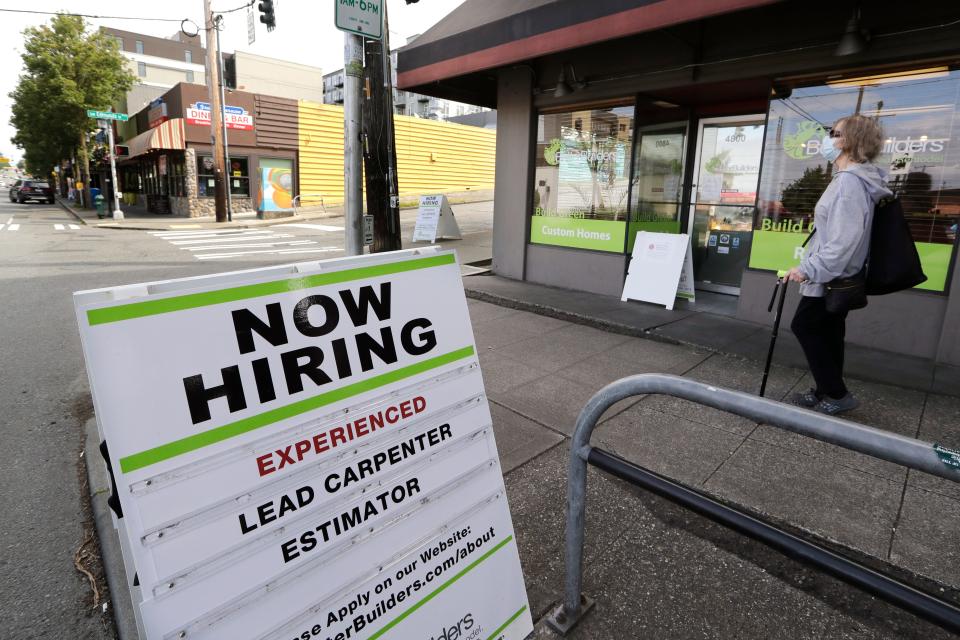
Regardless of party affiliation, most Americans agree on proposals to upgrade infrastructure, give tax breaks to businesses that create jobs, cut college costs and retrain adults for better-paying positions.

RACE AND POLICING
In the wake of George Floyd’s death at the hands of police, a broad swath of Americans believe racial bias is a serious problem
A majority of Americans believe police reforms are necessary to reduce instances of police brutality against Black Americans. They include widespread and bipartisan support of training on de-escalation tactics and racial biases.

IMMIGRATION
Path to citizenship for ‘dreamers’ and humane treatment for border crossers enjoys broad support

The Deferred Action for Childhood Arrivals program enjoys broad support among Democrats and Republicans, in addition to temporary restrictions to prevent the spread of COVID-19. All groups supported the general principle of securing the border, the value of immigrants who are doctors, engineers and scientists, and the idea that the U.S. government should humanely treat all immigrants who cross the border.

HEALTH CARE AND CORONAVIRUS
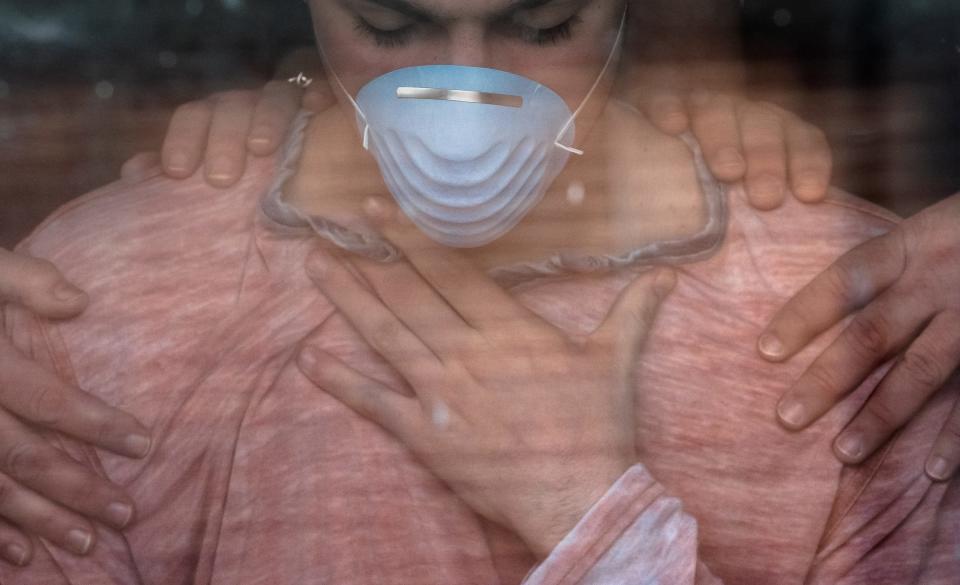
Affordable health insurance and prescription drugs, prioritizing public health are on the minds of most Americans
Health and safety are foremost in the minds of many Americans, particularly since the coronavirus pandemic took hold in the spring of 2020. An overwhelming majority of Americans want to make health care more affordable for ordinary families, cutting the cost of prescription drugs and making sure people with preexisting conditions have access to insurance. The problem? Politicized descriptions of solutions.
“There are these sort of flashpoints with politicized terminology that send people to their partisan corners,” said former Vermont Gov. Jim Douglas, a Republican who is on the board of the bipartisan, nonprofit United States of Care. “If we avoid them, we’re going to be more successful.”
As the coronavirus pandemic extended from spring to summer and fall, Americans are prioritizing public health over the economy.

CLIMATE CHANGE
Most Americans agree the planet is heating up and support a range of potential solutions
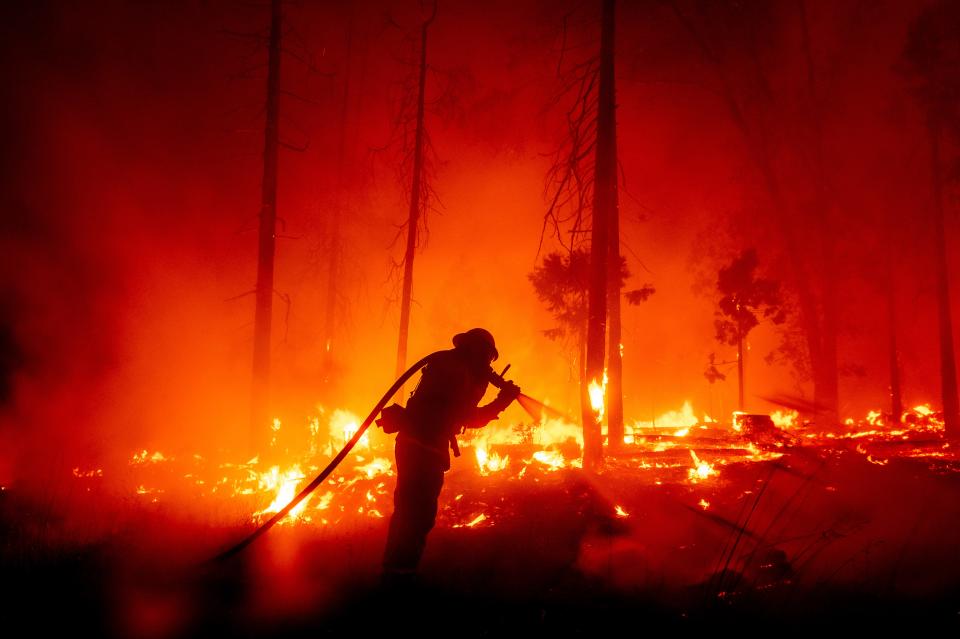
Americans across the political spectrum agree that global climate change is real. There is also substantial agreement on a range of solutions, from modernizing the U.S. electric grid to increased investment in tech to remove carbon dioxide from the atmosphere.

STRANGE BEDFELLOWS
Bridging divides – political and otherwise – to make a positive impact
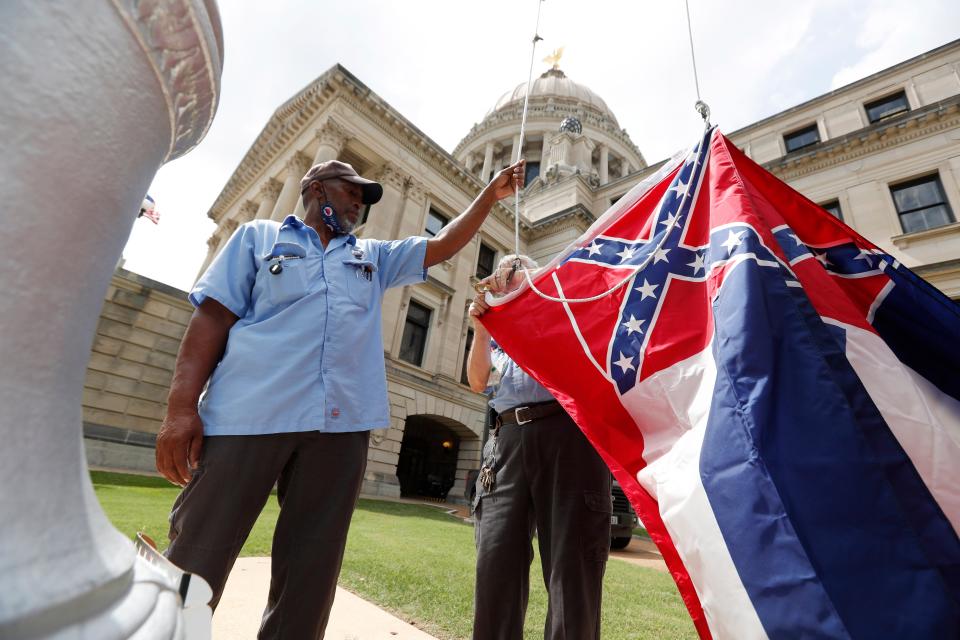
Across the country, USA TODAY Network reporters sought to identify ways individuals and elected officials are working across perceived divides – partisan, racial, religious or otherwise – to make a positive impact in their communities.
We are calling these examples “Strange Bedfellows,” not because they are odd in and of themselves, but because, collectively, they run counter to the narrative of a hopelessly divided nation.
For example, a conservative Republican majority in the Mississippi state legislature worked alongside Democrats to remove the Confederate battle emblem from its state flag. It was the last state to do so.

Learn more
This article originally appeared on USA TODAY: How Americans see issues like health care, the economy and immigration


